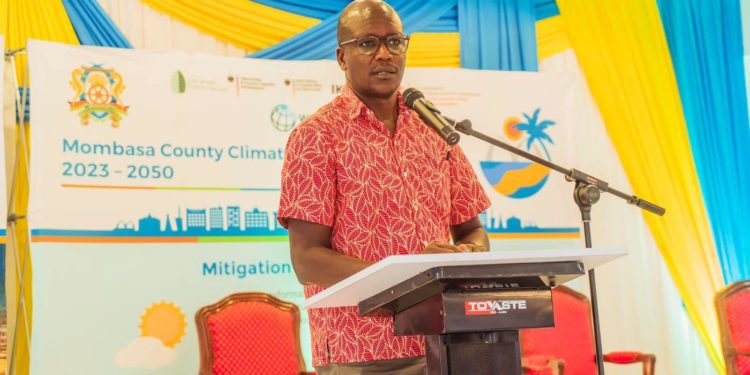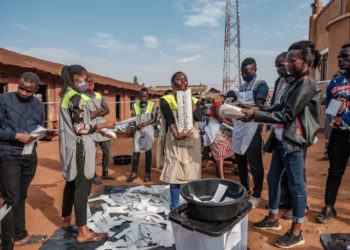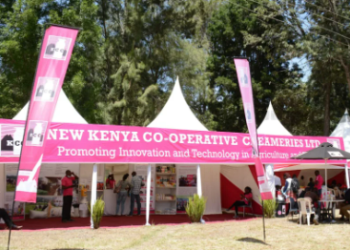In consideration of rising costs associated with the current waste management system, the Mombasa County government is contemplating privatization.
Deputy Governor Francis Thoya, who also serves as the county executive for Environment and Solid Waste Management, disclosed that the county expends approximately KES 1.2 billion annually on fuel, equipment, and salaries for garbage collection.
Thoya stressed that Mombasa is the sole county not levying charges on residents for waste management services. He asserted that privatization would improve service delivery and create additional job opportunities for residents. Despite the Mombasa County Solid Waste Management Act 2021 stipulating a monthly fee of KES 200 for residents, it has not been enforced.
Addressing the challenges of waste management, Thoya highlighted the significant costs involved and questioned the sustainability of the current system. He expressed concerns about illegal dumping, stating, “Most people dump their waste on the roadsides, waiting for the county to come and pick in pretense.”
With a population of about 1.2 million residents, Mombasa generates approximately 1,200 tons of waste daily, but the county can only collect about 56 percent of it. The remaining waste often litters the streets, causing blockages in drainage systems and the creation of illegal landfills.
Thoya also pointed out that the county could no longer sustain the current situation given the escalating costs of fuel and equipment. He revealed that a proposal had been submitted to the governor, awaiting approval, and if accepted, a notice would be issued.
The deputy governor suggested that if privatization becomes a reality, the county would issue a two-year notice for residents to prepare for the introduction of fees. The government would zone areas based on income levels and determine charges, limiting its responsibility to waste collection from public institutions like schools, markets, and hospitals.
Environmentalists welcomed the idea of privatizing waste management but emphasized the importance of public participation in the decision-making process. Chokwe Munga, the chairman of Clean Mombasa CBO, stressed the need for residents to be involved, stating, “We don’t want to see a situation where the county just wakes up and decides to do something without involving residents.”


















